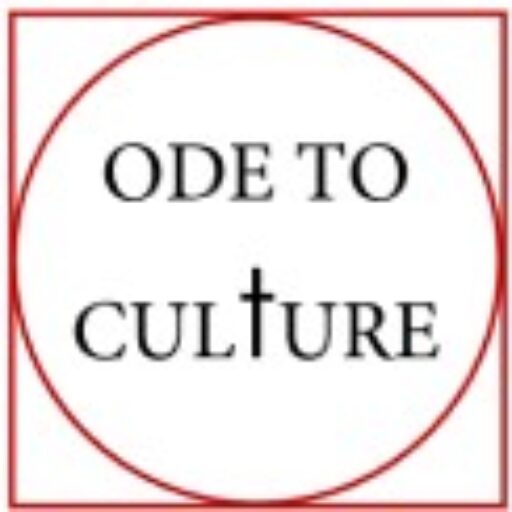Prompt 37: May 2, 2024
The Prompt:
There is nothing better for a person than that he should eat and drink and find enjoyment in his toil. This also, I saw, is from the hand of God, for apart from him who can eat or who can have enjoyment?
Ecclesiastes 2:24-25
Sometimes we look at things as if there is no reward. Sometimes the reward is not for us, or at least as far as we can tell. Before we divert into ideas about the meaning of life, I wanted to take a more technical approach to this question. When should we hold the line when there isn’t a reward for our toil? What should be carried on? How best can we tell when to let go of something?
Context
Existential questions are not well answered by objectivity. Though we accept that scientific inquiry won’t provide all answers, we don’t have much else to culturally ground us to meaning. Meaning is often mistaken with historical significance. That is, that things that affect the most people are more meaningful than those things that are subtle or unnoticed. It’s the same principle to virality in which social media content is aimed at being seen rather than valued. At the heart of it is this neglect to recognize that fragile things matter; and furthermore, that we don’t recognize how fragile everything is. This may lead to despair, as is so often the tone of Ecclesiastes, but it can also lead us to cherish the things that will soon perish.
One way to find meaning is to ritualize events that connect the most elements of our lives. Weddings are good for this: everyone who knew you as a child celebrates your maturity by observing the unity into a marriage reflective of your parents. Or think of a meal: something alive must die to sustain your being. Eternal patterns like this are everywhere around us, but hardly recognized. Their recognition is hidden by the very thing they are made of; meaning. When it’s unrealized, we make it un-real by reducing the phenomena to experience, only left to be valued by the observer. Sometimes the thing itself doesn’t matter, but what matters is what that thing represents. What is special about this is that meaning is often felt more than understood. Of the two examples previously mentioned, we all know they are special, and though their symbolic significance isn’t articulated, we know them to be good.
This question of carrying on is posed to further that thought. What difference is there between things that feel good and things that are good?

